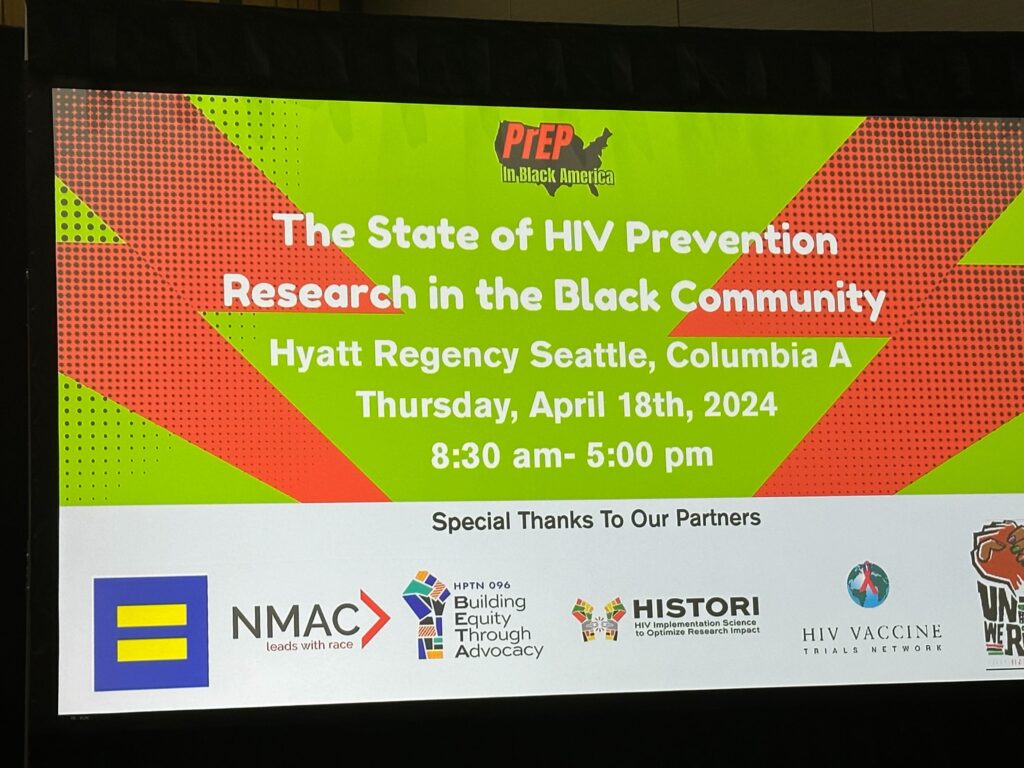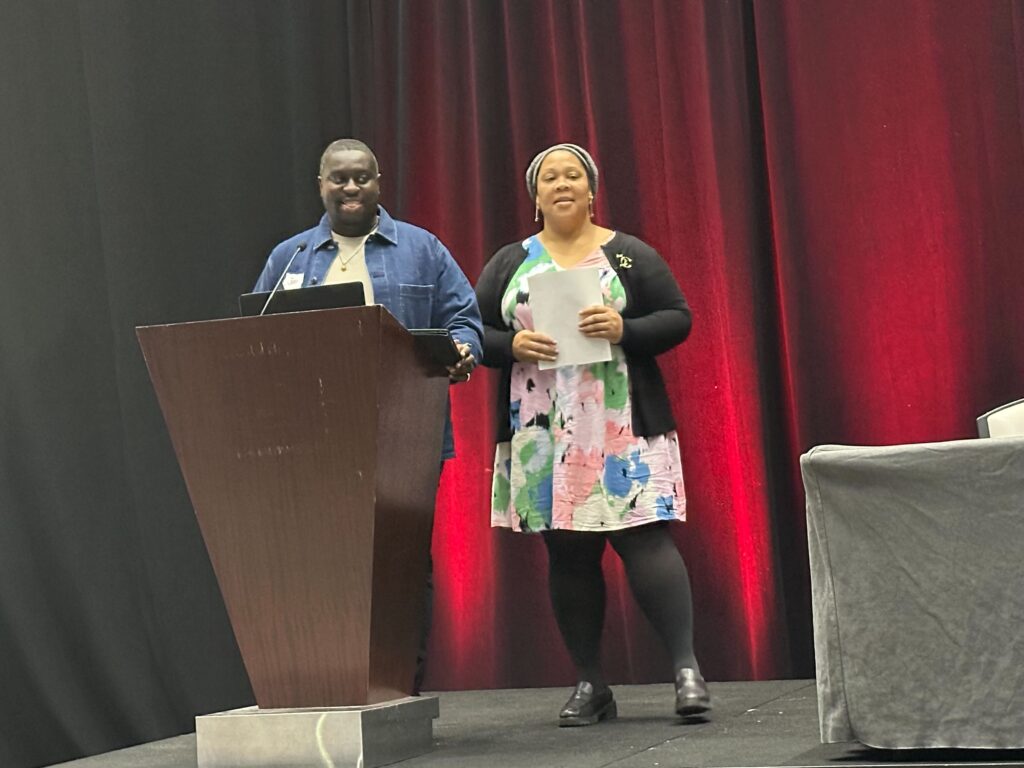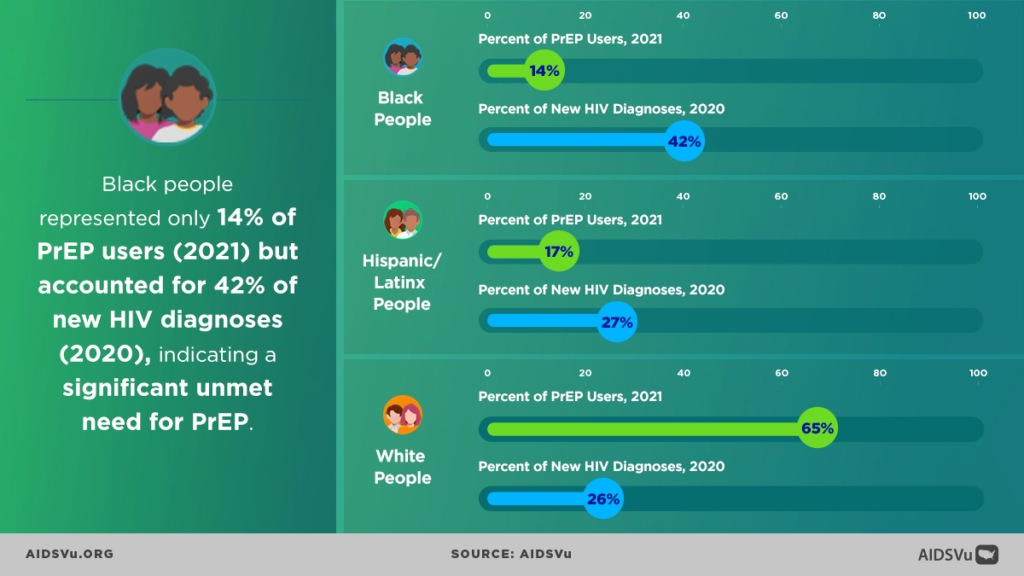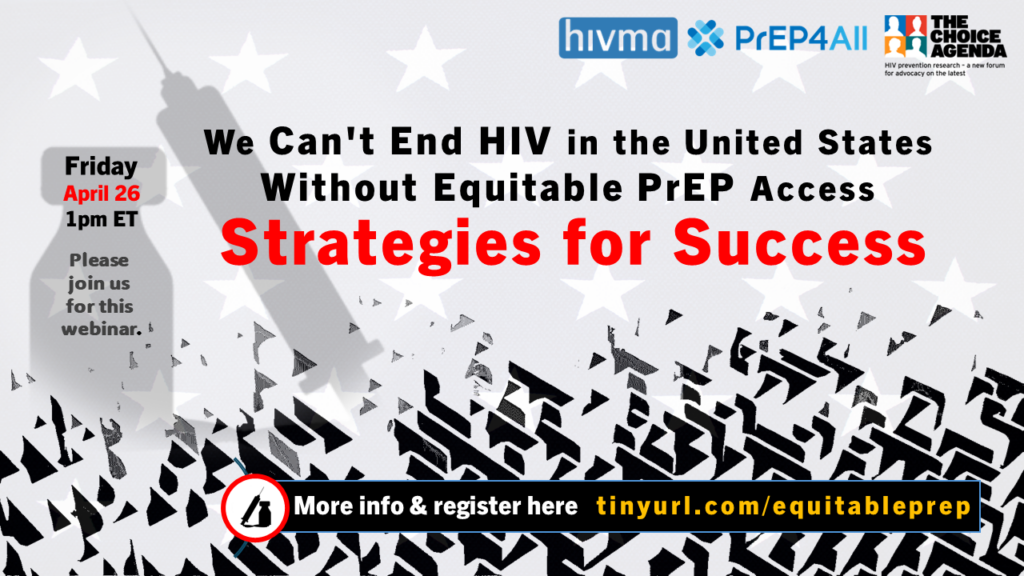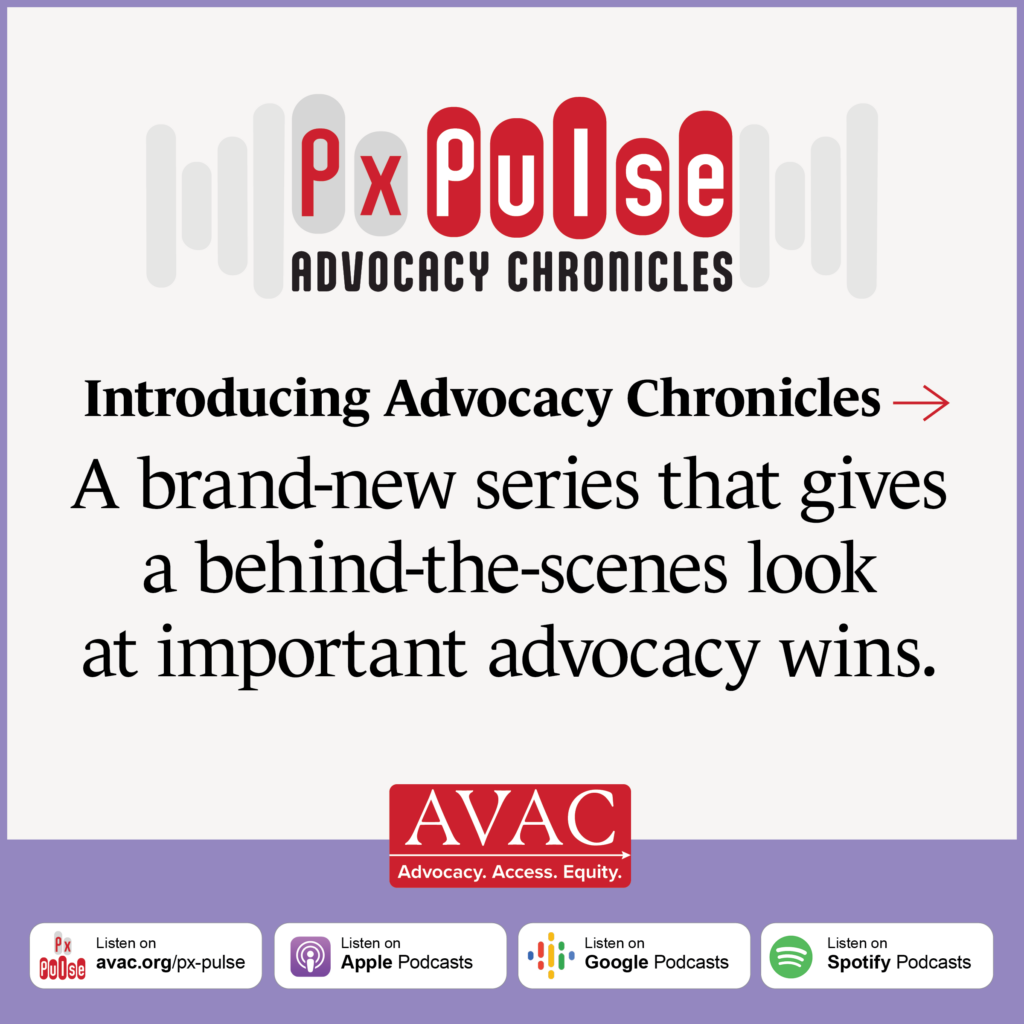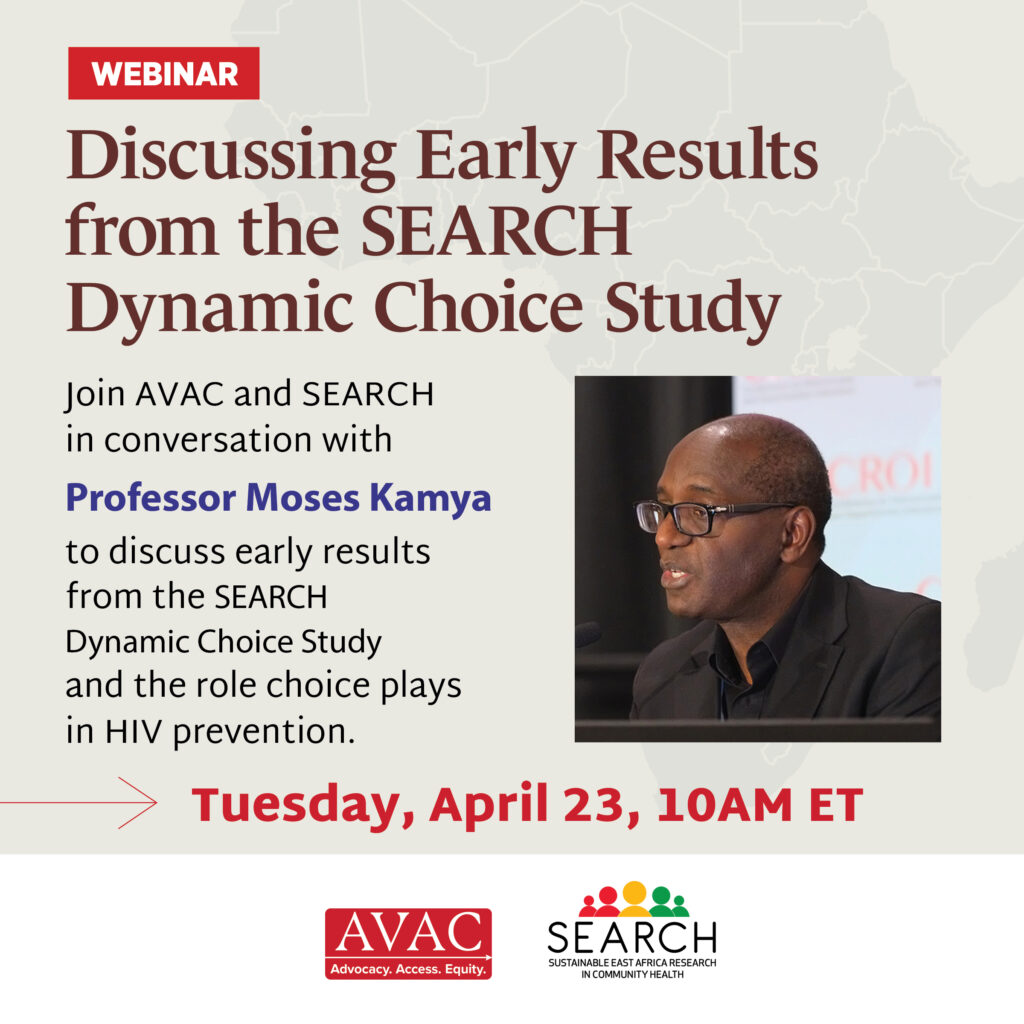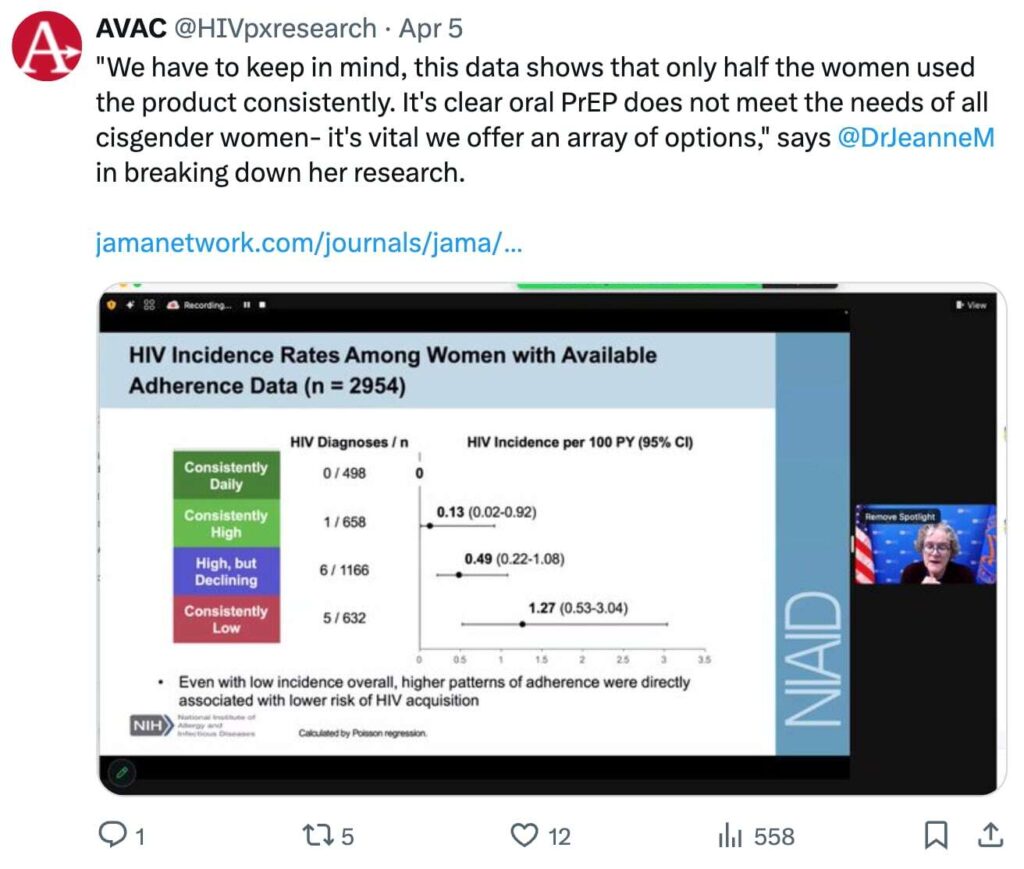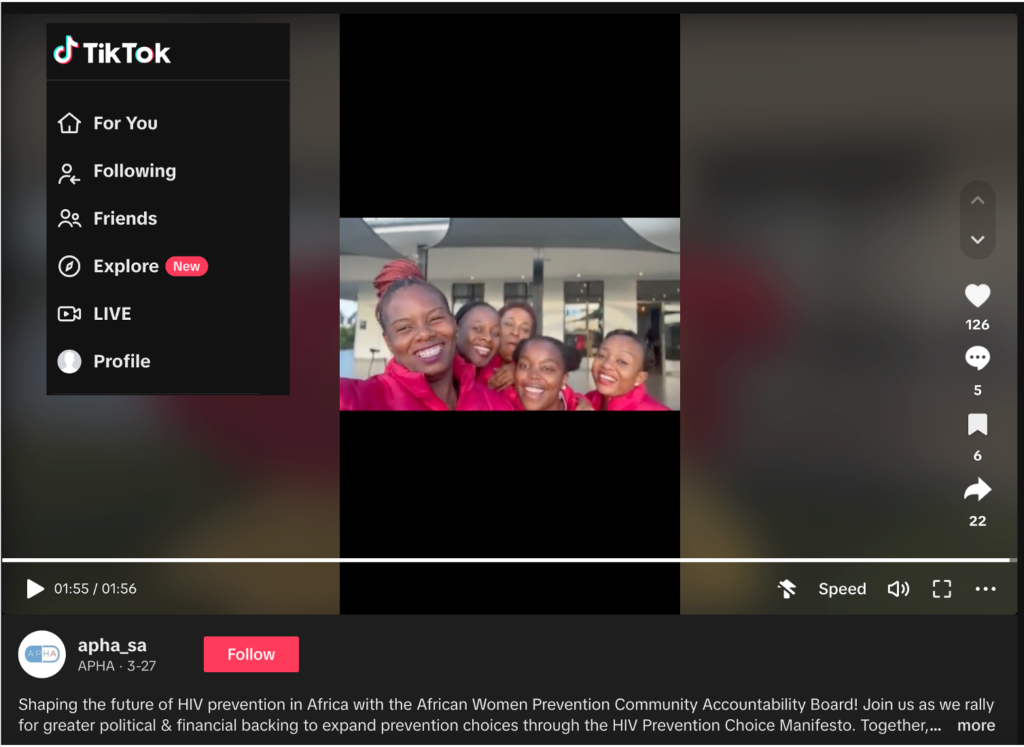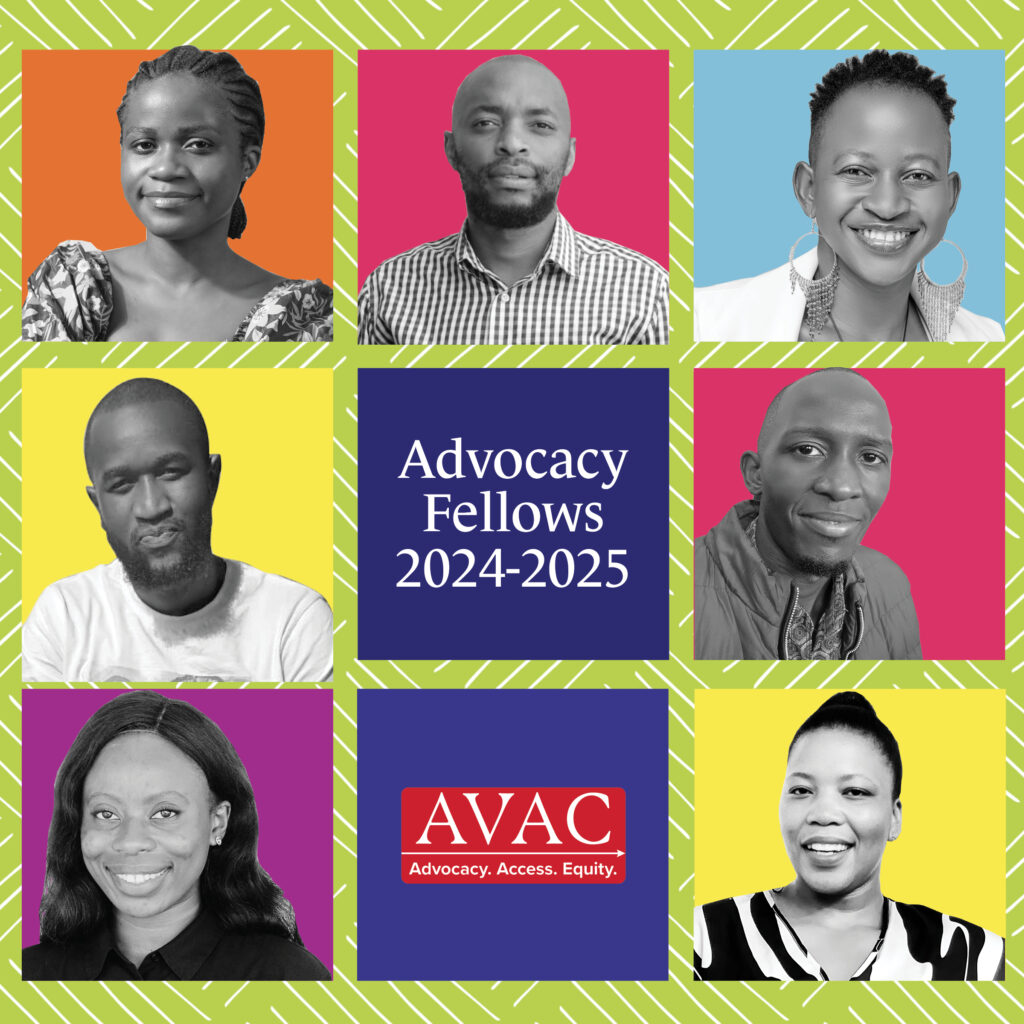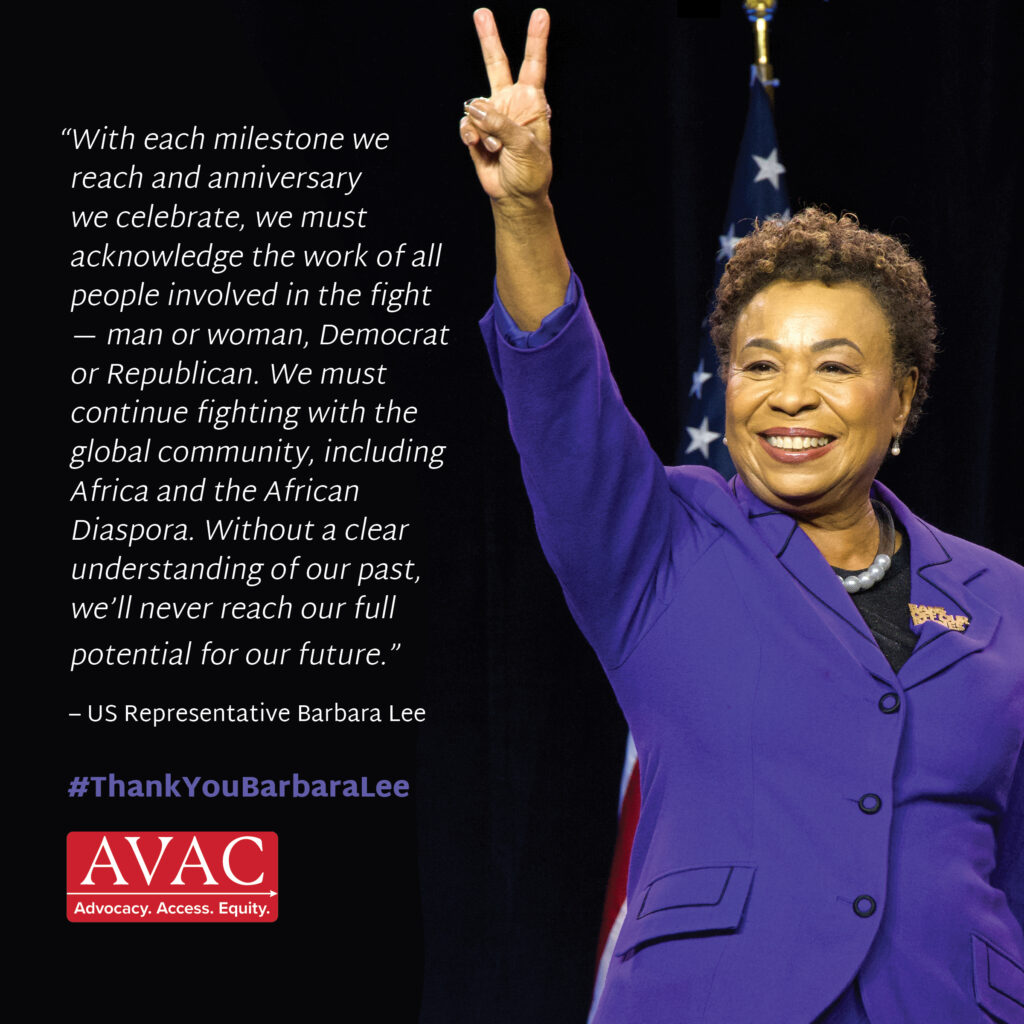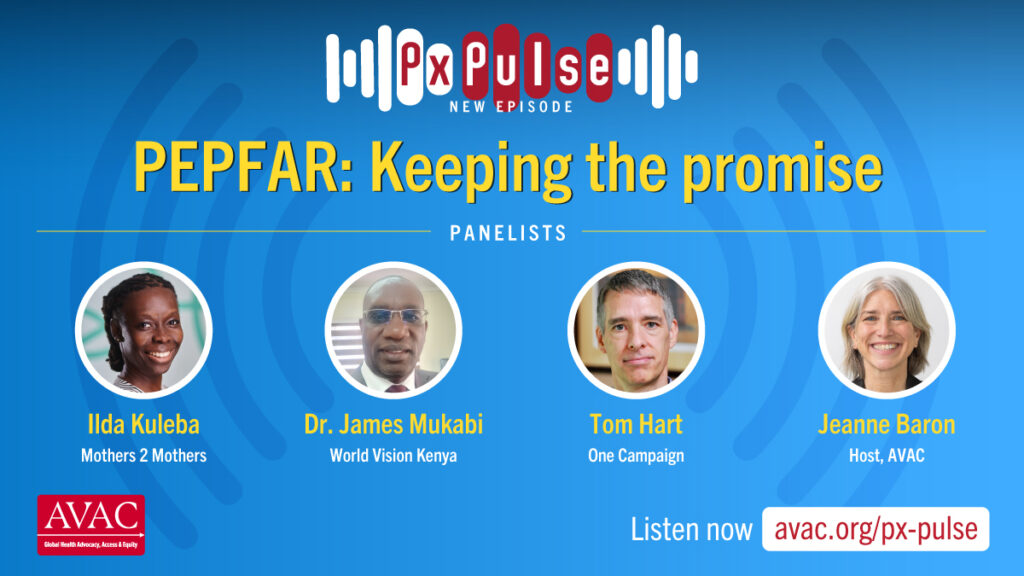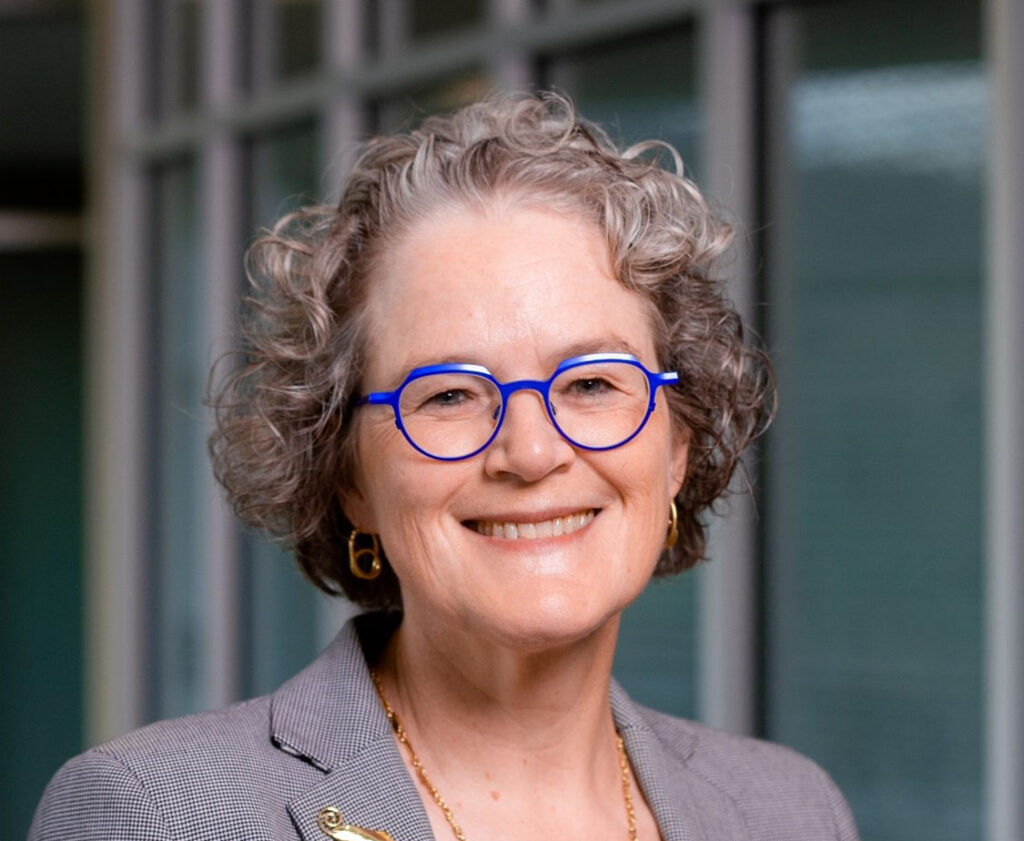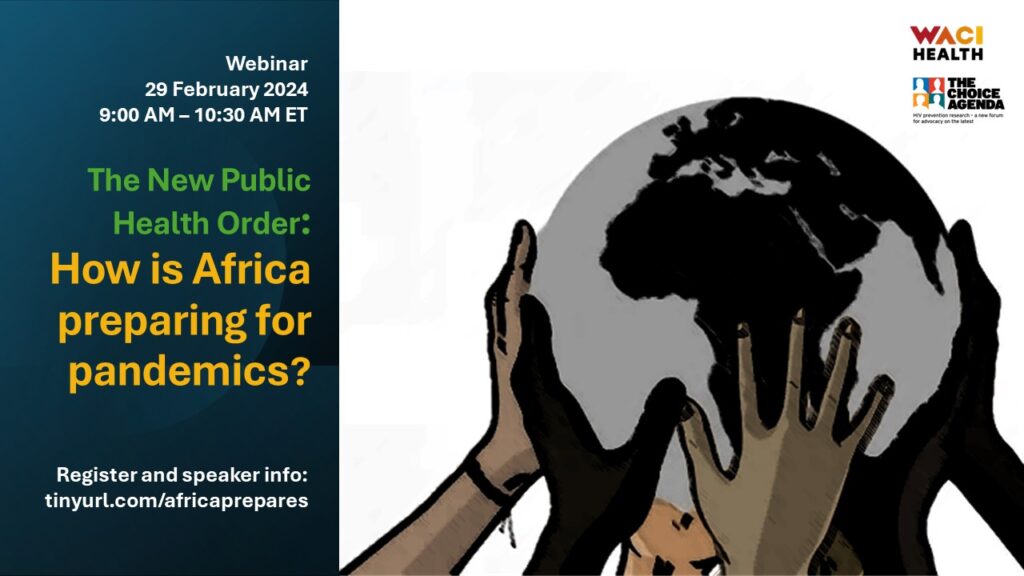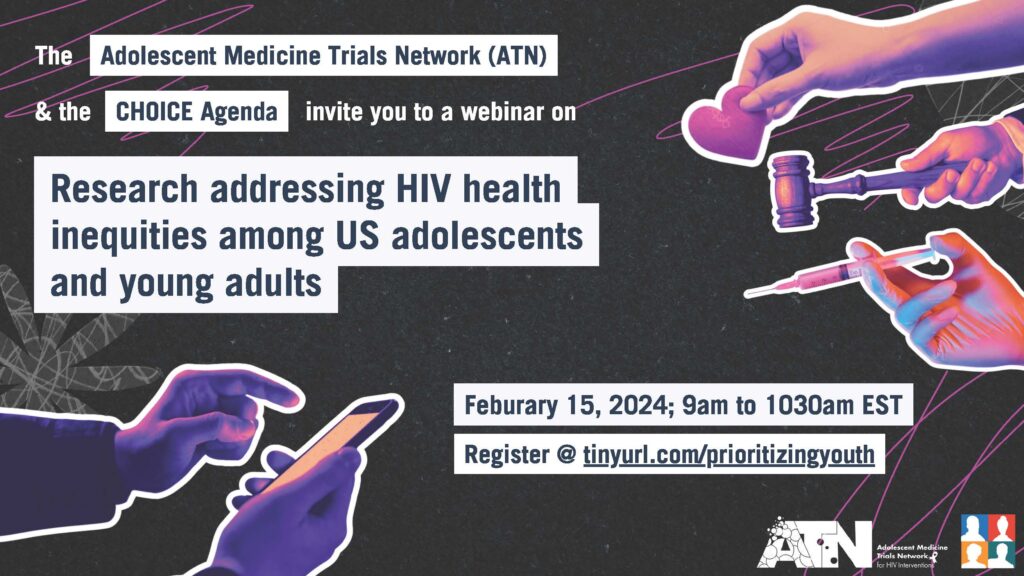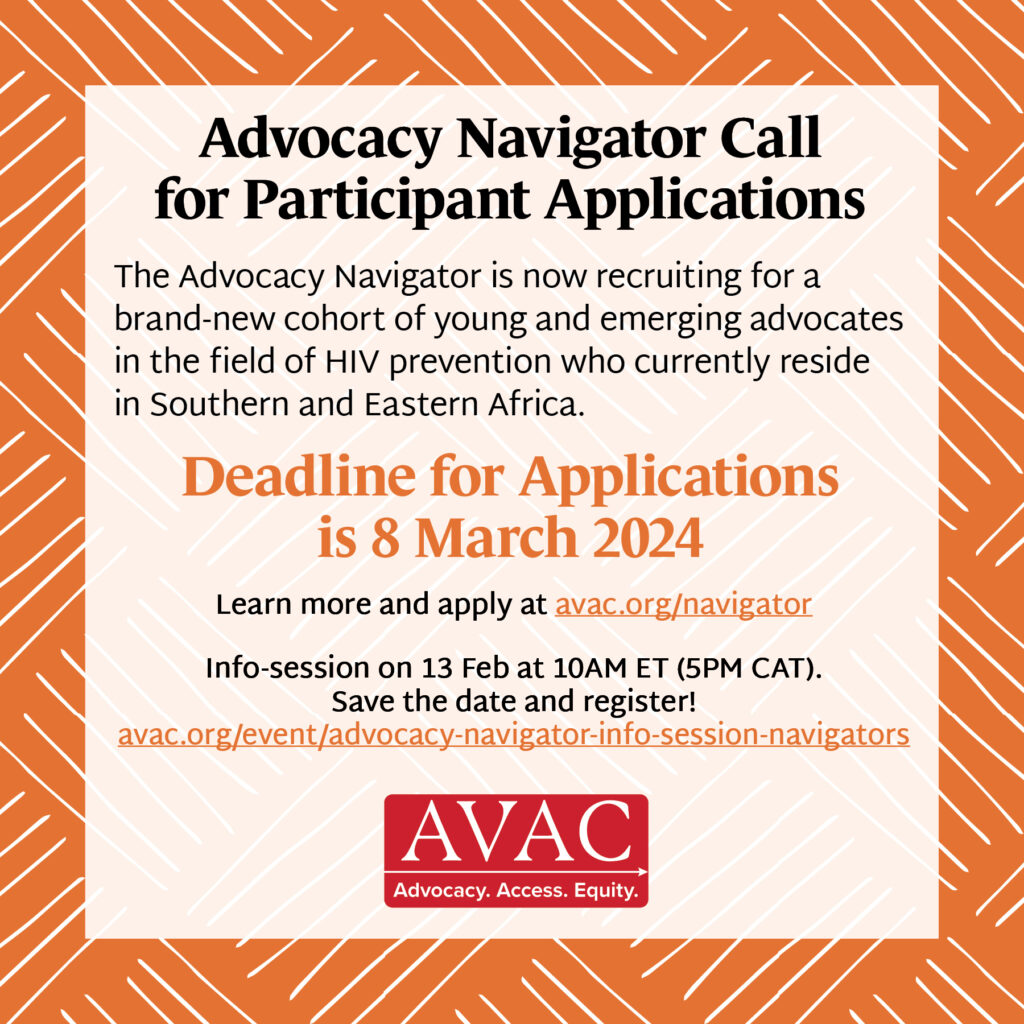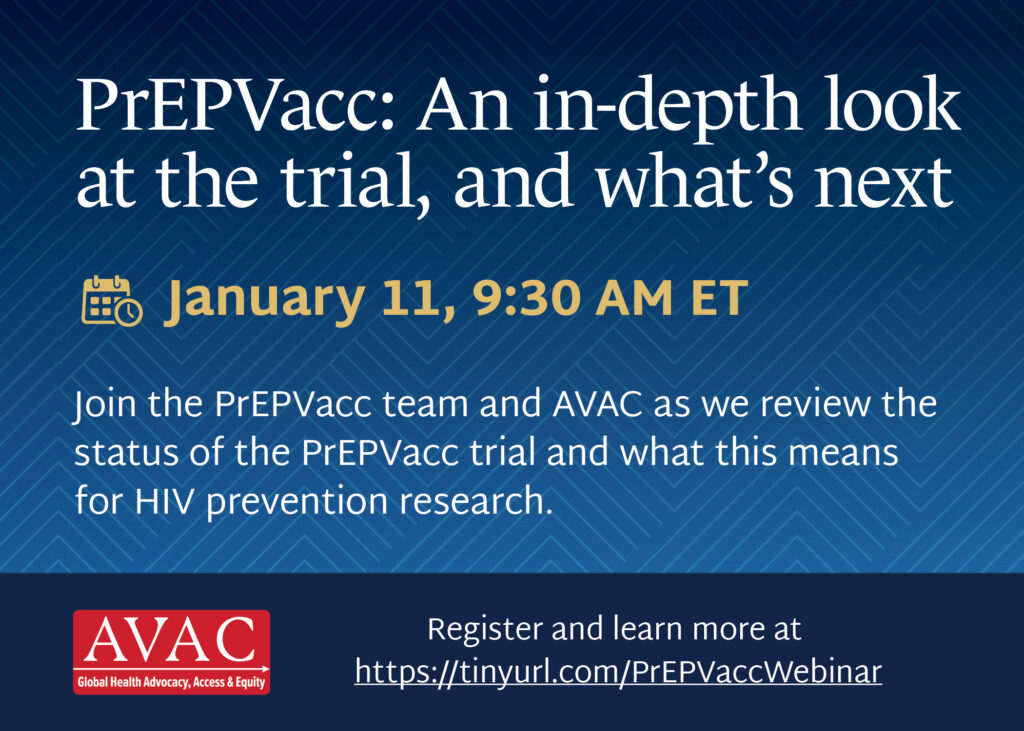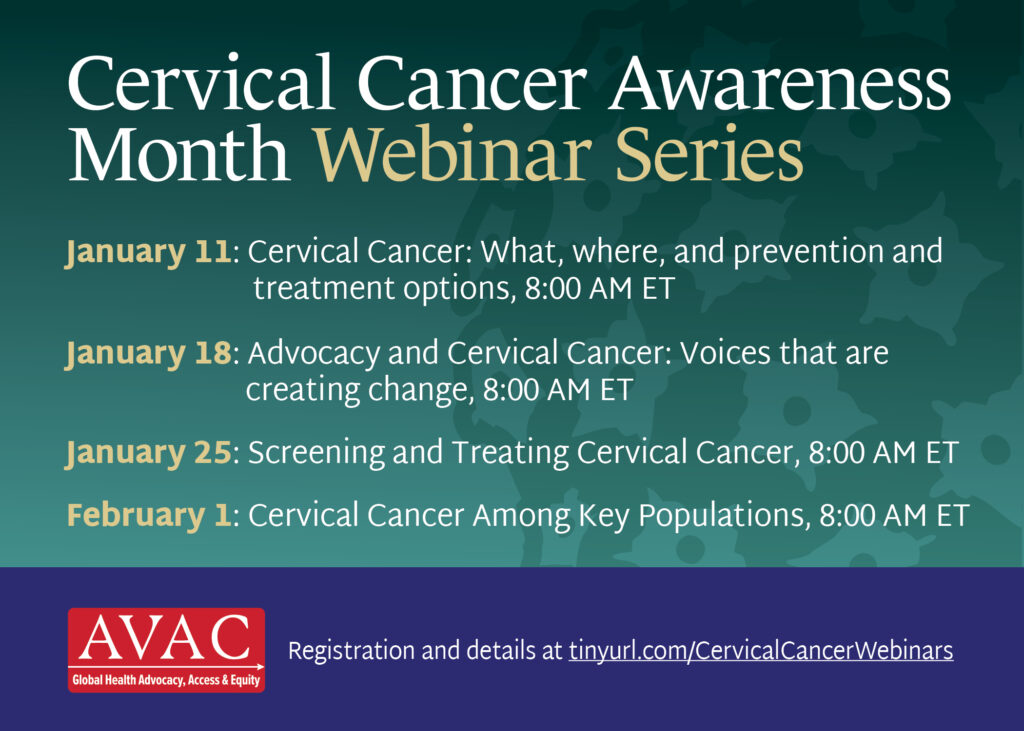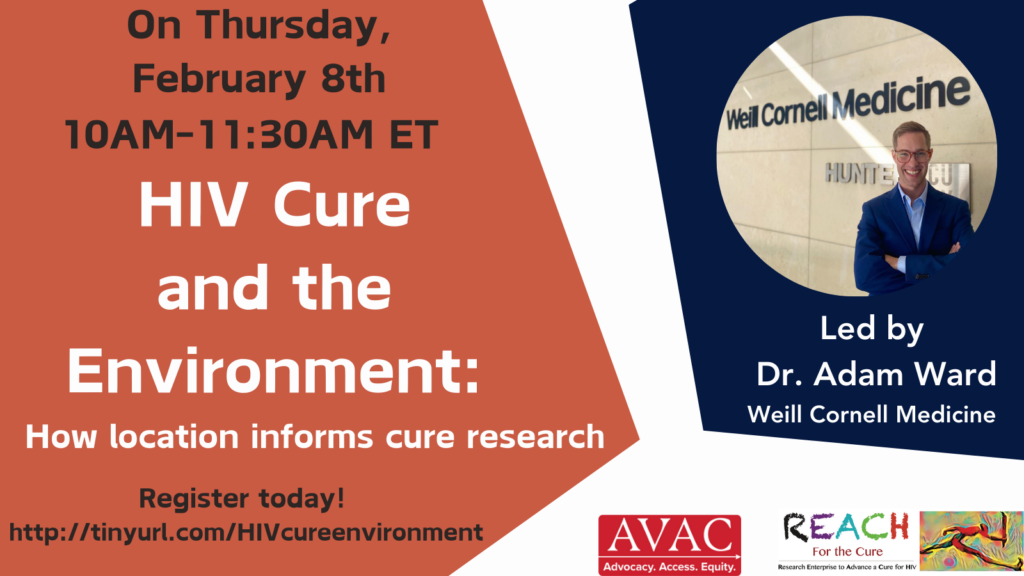AVAC convened three important conversations in the last month on new data that delivered the analysis and evidence that choice and equity in access to PrEP products can make the difference between real-world population-level impact or an epidemic marching on for many years to come.
When taken together, their combined message is irrefutable: when programs offer people-centered choices for what type of PrEP product they want, and where and how to integrate it into their lives, incidence can drop to zero.
Read on for highlights from the three conversations and links to resources and recordings.
Highlights and Resources
Early Results from the SEARCH Dynamic Choice Study
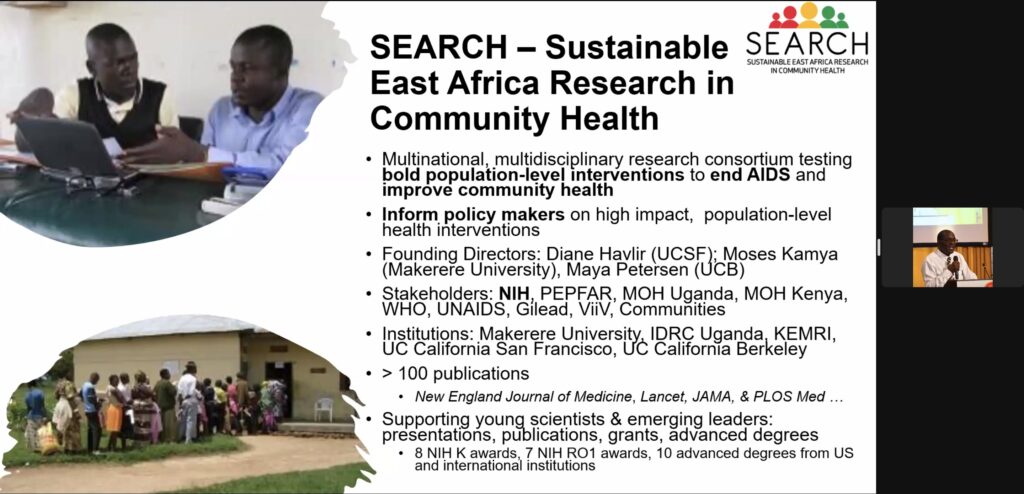
“This is the evidence we’ve all been waiting for. This is the first time in a community setting that we have scientific evidence that choice matters and choice works.” – AVAC Executive Director, Mitchell Warren
Professor Moses Kamya of Makerere University joined our webinar to discuss the early results of the Dynamic Choice study conducted in Kenya and Uganda by Sustainable East Africa Research in Community Health (SEARCH). First announced at the Conference on Retroviruses and Opportunistic Infection (CROI) in March, these data were among the most exciting of the conference.
SEARCH showcased what true choice and person-centered programming can mean – and the difference it makes. The study offered choices in products (PEP, oral PrEP, injectable cabotegravir); in testing (rapid and self-testing); in service locations (clinic, home, other community locations); timing of prescription for oral refills (up to three months); and the ability to switch products at any time. More than a quarter of the participants used two different products during the study. Many who selected injectable cabotegravir had used no form of prevention in the month before, and even oral PrEP use went up in the intervention arm. “It’s expanding the total pie of people using PrEP,” said Kamya. The result: The study arm ended with zero incidence of HIV compared to 1.8% in the control group. Adding to the method mix expands the number of people who continue with prevention—even as their needs change.
See resources and recording here.
We Can’t End HIV in the United States Without Equitable PrEP Access: Strategies for success

A collaboration between HIVMA, PrEP4All and The Choice Agenda, this webinar looked closely at PrEP uptake in the US and the American system of PrEP delivery. As a case study, these presentations show what happens when programs, policies and political will undervalue choice.
Intensifying disparities is one of the most pernicious effects of inequitable access to PrEP as seen in US data. Dr. Patrick Sullivan of Emory University highlighted these disparities by sharing that Black people in the US represent 40% of new HIV diagnosis but only 14% of the PrEP users, while 64% of PrEP users are White but represent only 25% of new diagnoses. Sullivan’s research shows that when states make it easier to choose PrEP by offering PrEP drug assistance programs, Medicaid expansion or both, PrEP coverage goes up and incidence goes down.
Rupa Patel of the Centers for Disease Control and Prevention (CDC) charted the patchwork nature of PrEP delivery, which involves numerous and complex processes for getting HIV prevention products to people. Patel underscored the need in the US for interventions in programming and product choice, interventions that should offer the kind of choices that have been successfully delivered by the SEARCH study.
Patel’s description of an unpredictable, confusing and costly journey to PrEP was reinforced by a deep dive on cost offered by Dr. Lorraine Dean of Johns Hopkins University. Dean explored the role of cost, showing how even small increases drive down use. And she explained how insurers circumvent protections that require zero cost to the consumer for generic PrEP under the Affordable Care Act. And Jeremiah Johnson of PrEP4All laid out an agenda for change to be integrated into a US national PrEP program. Learn more with PrEP4All’s report, Toward PrEP Access for All.
See resources and recording here.
Evolving our Understanding of PrEP for Cisgender Women

NIAID Director Dr. Jeanne Marrazzo joined the Choice Agenda webinar, The More We Know: Evolving our understanding of PrEP for cisgender women, to present a re-assessment of the safety and effectiveness of PrEP options for women—including oral, vaginal ring, and injectable options. She discussed her recent publication in the Journal of the American Medical Association, HIV Pre-Exposure Prophylaxis with Emtricitabine and Tenofovir Disoproxil Fumarate Among Cisgender Women. This study provides reassuring evidence that oral PrEP can reliably prevent HIV infection in cisgender women— with data that show women taking 4-7 pills per week had very high protection against HIV, comparable to what is seen in cisgender men. The results challenge the notion that cisgender women need to be “super-adherers” to achieve protection utilizing oral PrEP and that a one-size-fits all approach to prevention will not work.
Raniyah Copeland of Equity & Impact Solutions who moderated, noted that Marrazzo’s comments represent a powerful voice among a chorus of champions for choice. She then introduced Joyce Ng’anga’a of WACI Health and the African Women’s HIV Prevention Community Accountability Board, a coalition of women and girls living and working in Africa who are united in calling for continued political and financial support for more choice in HIV prevention. Ng’anga’a updated on the recently launched Choice Manifesto. This global call to action demands investment in choice and calls for enshrining a woman’s right to choose and for African women and girls to lead the HIV response.
See resources and recording here.
Additional Resources on PrEP Access and Choice
- Long-Acting Drugs May Revolutionize H.I.V. Prevention and Treatment in the New York Times
- Long-lasting, injectable HIV prevention drug set for “aggressive” roll-out in Africa in Science
- Biomedical HIV Prevention Summit and PrEP in Black America Summit – AVAC Highlights
- EXECUTIVE SUMMARY Tracking Progress to Market of New Long-Acting HIV PrEP Products: A quarterly update from Coalition for Access to Long-Acting PrEP
- Years Ahead in HIV Prevention Research: Time to Market
As the world marks twelve years since the FDA approved the first PrEP product, the field is long past due to make good on what advocates have been saying all along, and now the evidence is in hand. Make choice a reality and drive incidence to zero.
